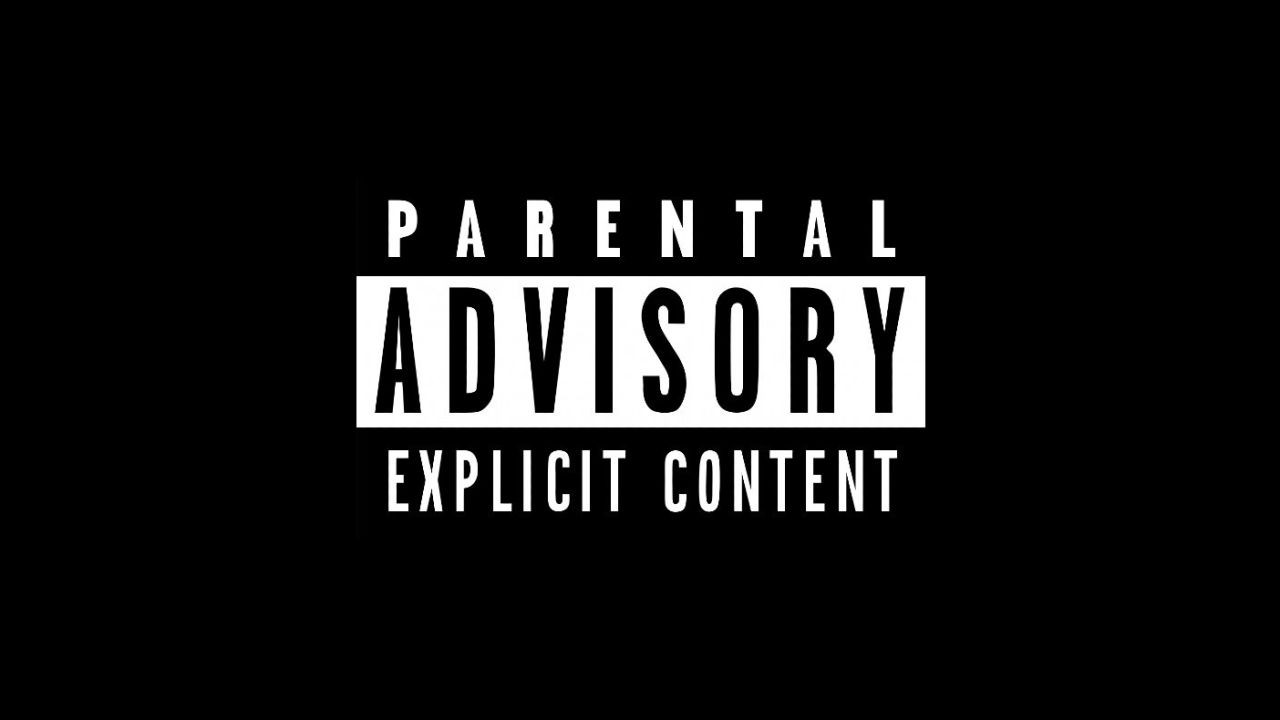Home renovations can be a thrilling yet challenging endeavor, particularly when it comes to financing them without depleting your savings. In New Zealand, where the housing market has experienced significant fluctuations, it's essential to navigate this process carefully. With the right strategies, you can enhance your living space while maintaining financial stability. This article explores various financing options available to New Zealand homeowners, evaluates their pros and cons, and provides expert insights to help you make informed decisions.
Understanding the New Zealand Context
The New Zealand housing market has seen substantial growth, with Stats NZ reporting a 27% rise in property prices over the past five years. Such increases have prompted many homeowners to consider renovations as a cost-effective alternative to buying new properties. However, financing these projects without risking financial well-being remains a critical concern. The Reserve Bank of New Zealand's recent policies aimed at stabilizing the housing market have introduced new dynamics that potential renovators must consider.
Financing Options for Home Renovation
When considering how to finance your home renovation, several options are available:
- Home Equity Loans: These loans allow you to borrow against the equity you've built in your home, offering relatively low interest rates.
- Personal Loans: Unsecured loans that provide flexibility but often come with higher interest rates.
- Refinancing: This involves replacing your existing mortgage with a new one that includes additional funds for renovations.
- Credit Cards: Suitable for smaller projects, but high-interest rates can be a drawback if not paid off promptly.
- Government Grants: The New Zealand government occasionally offers grants for specific home improvements, such as insulation or energy efficiency enhancements.
Pros and Cons of Different Financing Options
Choosing the right financing method requires careful consideration of each option's advantages and disadvantages.
Pros
- Home Equity Loans: Lower interest rates make these loans attractive; potential tax benefits on interest payments.
- Personal Loans: Quick approval process; no collateral needed.
- Refinancing: May result in lower overall interest rates; consolidates debt into a single payment.
- Credit Cards: Convenient for smaller projects; potential to earn rewards.
- Government Grants: No repayment required, reducing overall project cost.
Cons
- Home Equity Loans: Risk of foreclosure if unable to repay; potential fees.
- Personal Loans: Higher interest rates; may affect credit score.
- Refinancing: Closing costs can be significant; extended repayment period.
- Credit Cards: High interest if not paid off promptly; can lead to significant debt.
- Government Grants: Limited availability; specific eligibility criteria.
Case Study: A Successful Renovation in Auckland
Problem: The Smith family in Auckland wanted to expand their kitchen and add an extra bedroom to accommodate their growing family. They were concerned about financing the project without risking their savings.
Action: After consulting with a financial advisor, they opted for a home equity loan, as they had significant equity built up. They also applied for a government grant for insulation improvements.
Result: The renovation was completed on time and within budget, increasing their home's value by 15%. The government grant covered 20% of the insulation costs.
Takeaway: Leveraging home equity and government grants can be a smart strategy for financing renovations without depleting savings.
Future Trends and Predictions
As New Zealand continues to address housing affordability and sustainability, the future of home renovation financing will likely evolve. The MBIE predicts that green financing options will become more prevalent, incentivizing eco-friendly renovations through favorable loan terms. Additionally, digital platforms for home improvement financing are expected to grow, offering more flexible and accessible options for homeowners.
Common Myths and Mistakes
- Myth: "Renovations always increase home value." Reality: While many renovations can add value, some may not provide a return on investment. It's crucial to research which improvements are most likely to yield financial benefits.
- Myth: "Credit cards are a good option for all renovation projects." Reality: Credit cards should be used cautiously, as high interest rates can lead to debt accumulation if not managed properly.
Conclusion and Final Takeaways
- Evaluate all financing options and consider their impact on your long-term financial health.
- Leverage available resources like government grants to reduce costs.
- Seek professional advice to make informed decisions tailored to your specific needs.
Ultimately, careful planning and strategic financing can help New Zealand homeowners achieve their renovation goals while safeguarding their savings. Engage with financial experts to explore the best options for your unique situation. If you found this article helpful, consider sharing it with others who might benefit from these insights!
People Also Ask (FAQ)
- How does home renovation impact property value in New Zealand? Renovations can enhance property value, but the impact varies by project type. Research reveals that kitchen and bathroom upgrades often yield the highest returns.
- What are the biggest misconceptions about home renovation financing? A common myth is that all renovations increase home value. In reality, only specific projects provide significant returns on investment.
Related Search Queries
- Home renovation financing options NZ
- Is refinancing a good idea for renovation?
- Government grants for home improvements NZ
- How to leverage home equity for renovations
- Best home renovation loans in New Zealand


































BriannaChe
6 months ago